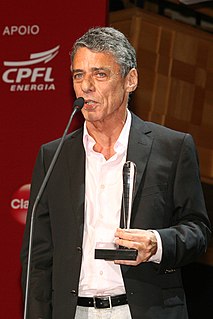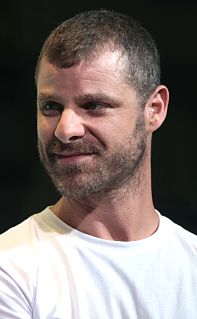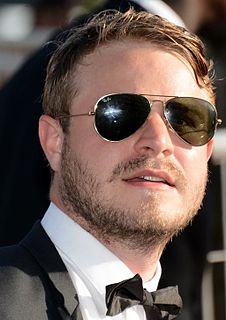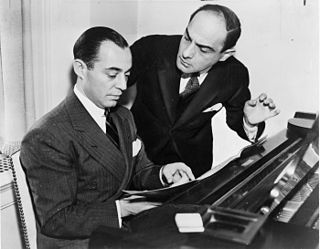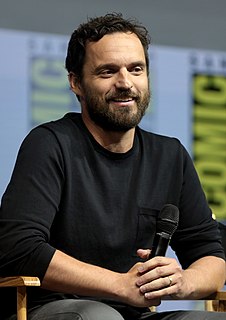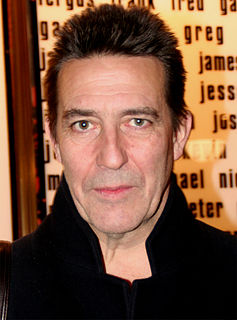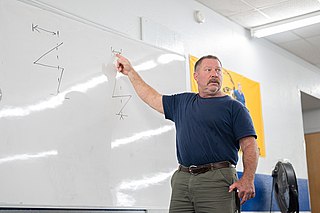A Quote by Richard LaGravenese
There is a musical rhythm to great writing, especially if it's performed correctly.
Related Quotes
I feel that as a writer and as a performer too. I never really thought about backstory for characters. It was much more of a musical approach: You learn a melody, and then you sing it, I suppose, or you find a rhythm or a cadence that works for the material. And then it's sort of about hitting that note correctly and finding those beats.
All life requires a rhythm of rest. . .
There is a rhythm in the way day dissolves into night, and night into morning. There is a rhythm as the active growth of spring and summer is quieted by the necessary dormancy of fall and winter. There is a tidal rhythm, a deep, eternal conversation between the land and the great sea.
I'm a great believer in conversational rhythm. I think in terms of rhythmic dialogue. It's so easy, you can talk naturally. It's like peas rolling off a knife. Take the great screen actors and actresses, Bette Davis, Eddie Robinson, Jimmy Cagney, Spencer Tracy. They all talk in rhythm. And rhythm and movement are the life of the screen.

